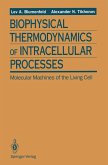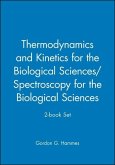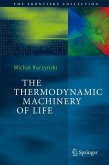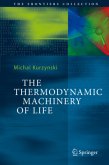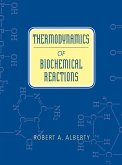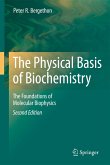This book is aimed at a large audience: from students, who have a high school background in physics, mathematics, chemistry, and biology, to scien tists working in the fields of biophysics and biochemistry. The main aim of this book is to attempt to describe, in terms of physical chemistry and chemi cal physics, the peculiar features of "machines" having molecular dimen sions which play a crucial role in the most important biological processes, viz. , energy transduction and enzyme catalysis. One of the purposes of this book is to analyze the physical background of the high efficiency of molecu lar machines functioning in the living cell. This book begins with a brief review of the subject (Chapter 1). Macro molecular energy-transducing complexes operate with thermal, chemical, and mechanical energy, therefore the appropriate framework to discuss the functioning of biopolymers comes from thermodynamics and chemical kinet ics. That is why we start our analysis with a consideration of the conventional approaches of thermodynamics and classical chemical kinetics, and their application to the description of bioenergetic processes (Chapter 2). Critical analysis of these approaches has led us to the conclusion that the conven tional approaches of physical chemistry to the description of the functioning of individual macromolecular devices, in many cases, appear to be incom plete. This prompted us to consider the general principles ofliving machinery from another point of view.
Hinweis: Dieser Artikel kann nur an eine deutsche Lieferadresse ausgeliefert werden.
Hinweis: Dieser Artikel kann nur an eine deutsche Lieferadresse ausgeliefert werden.


